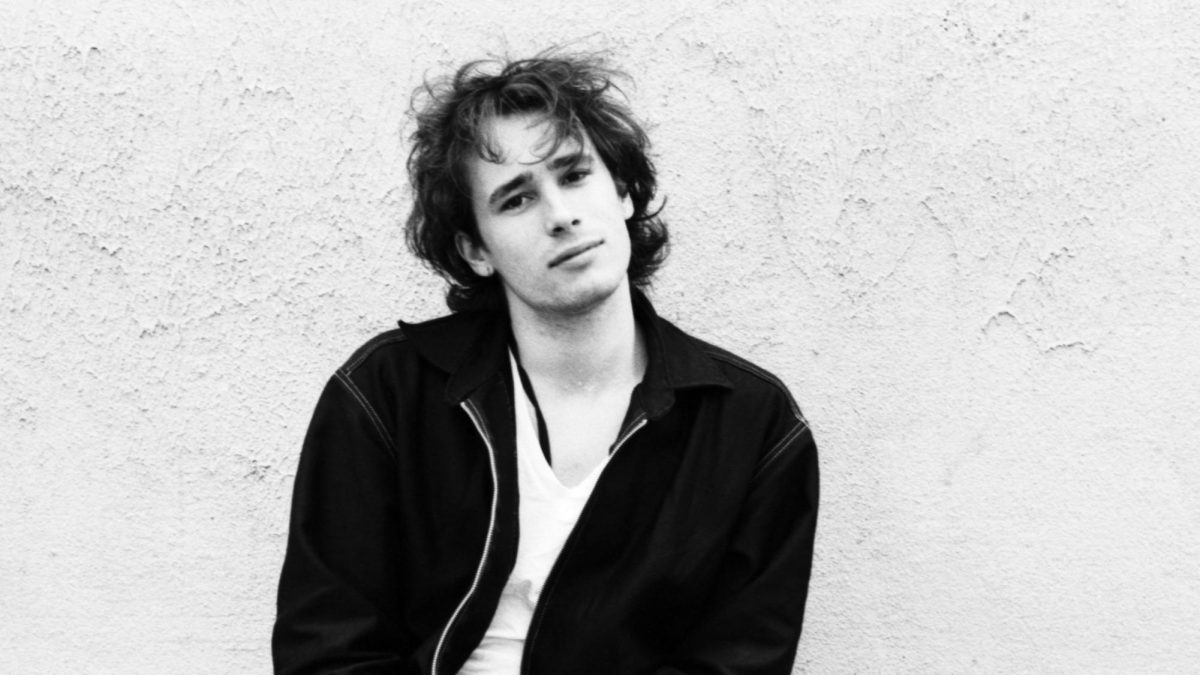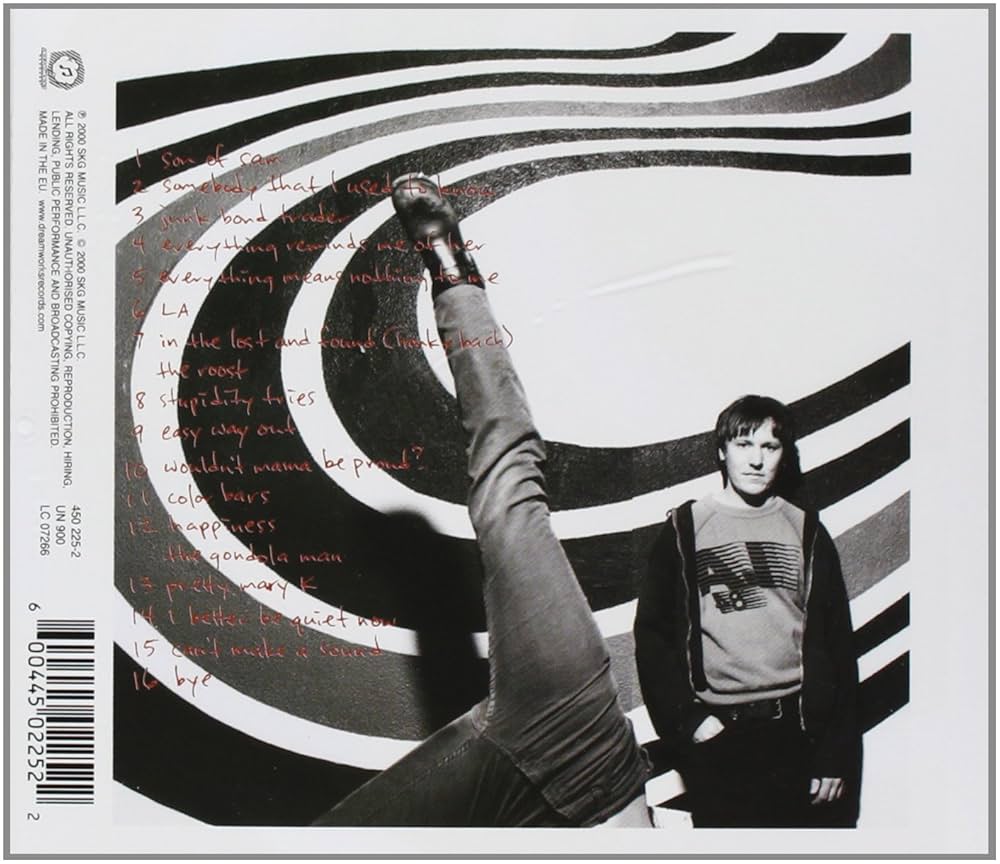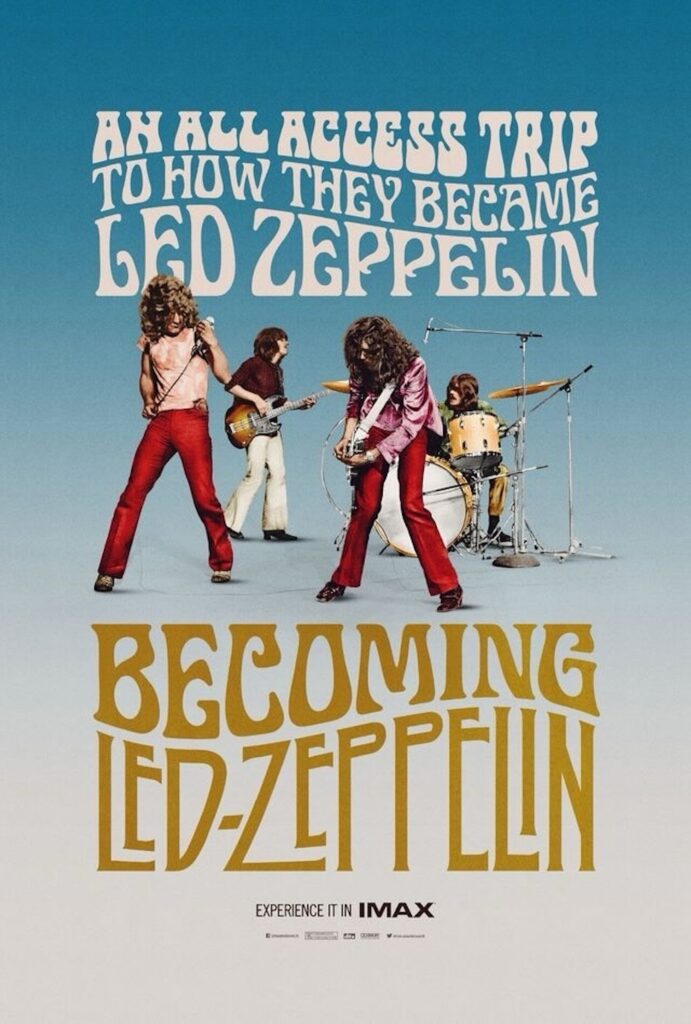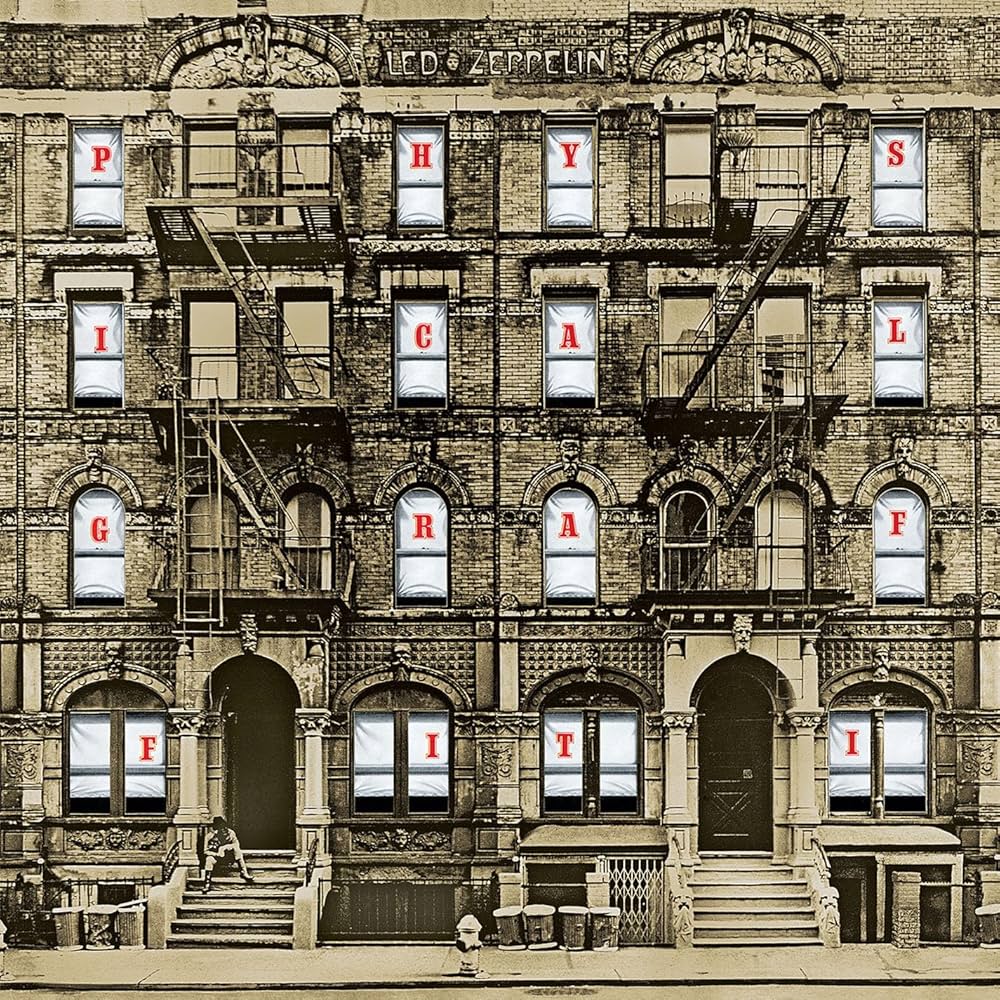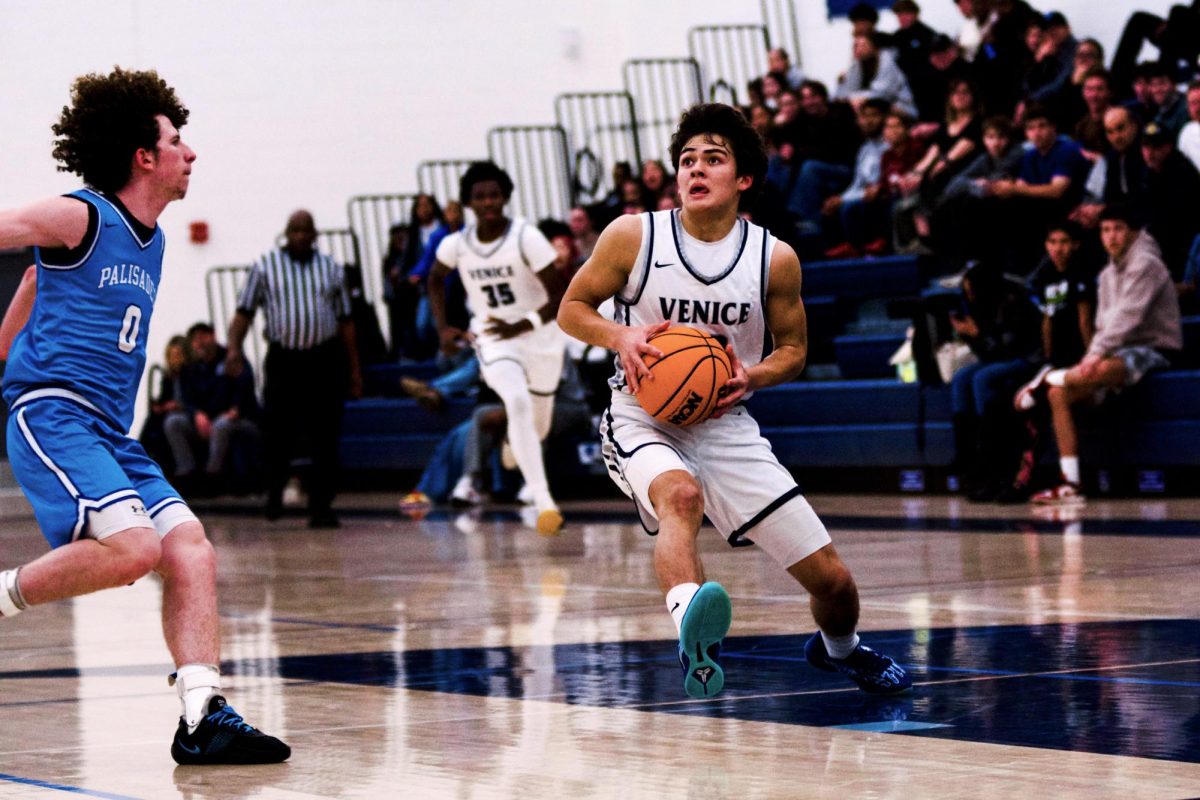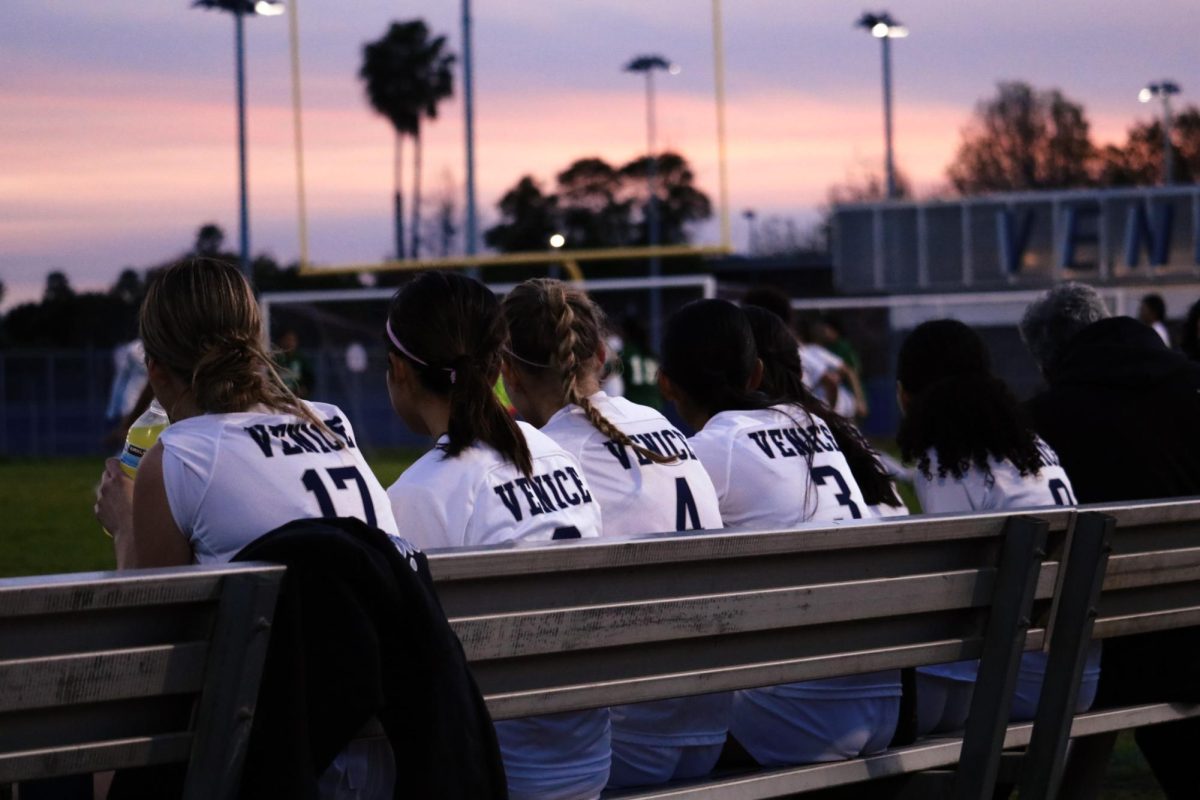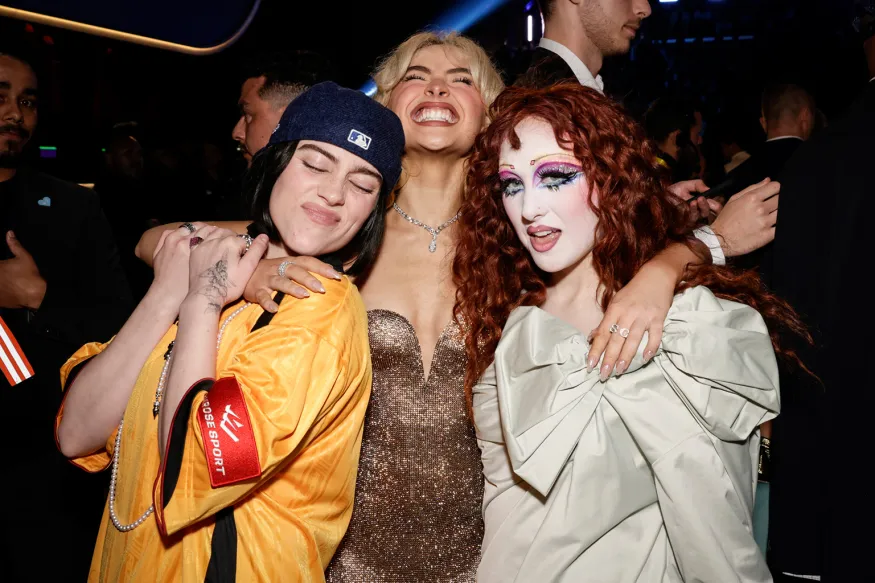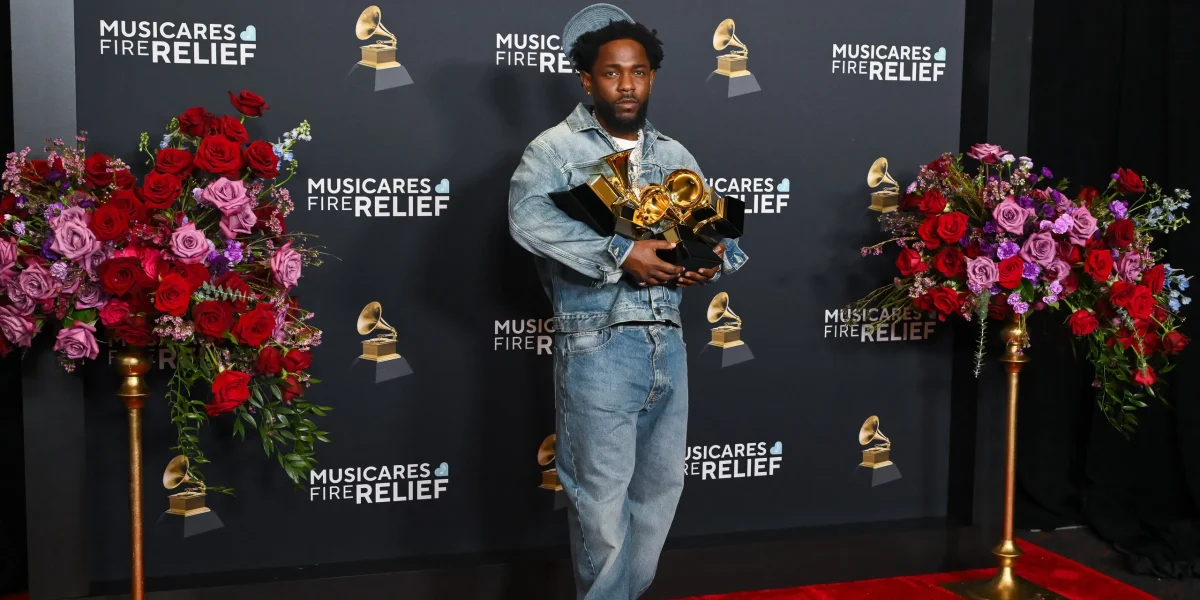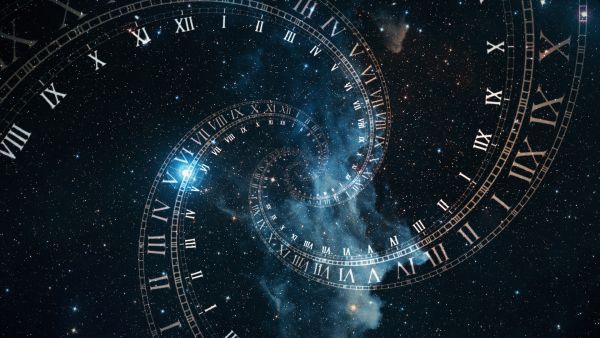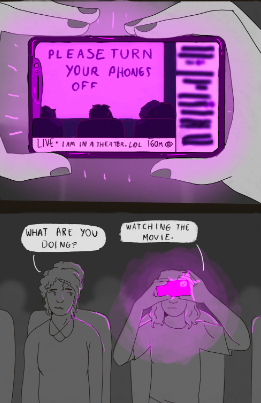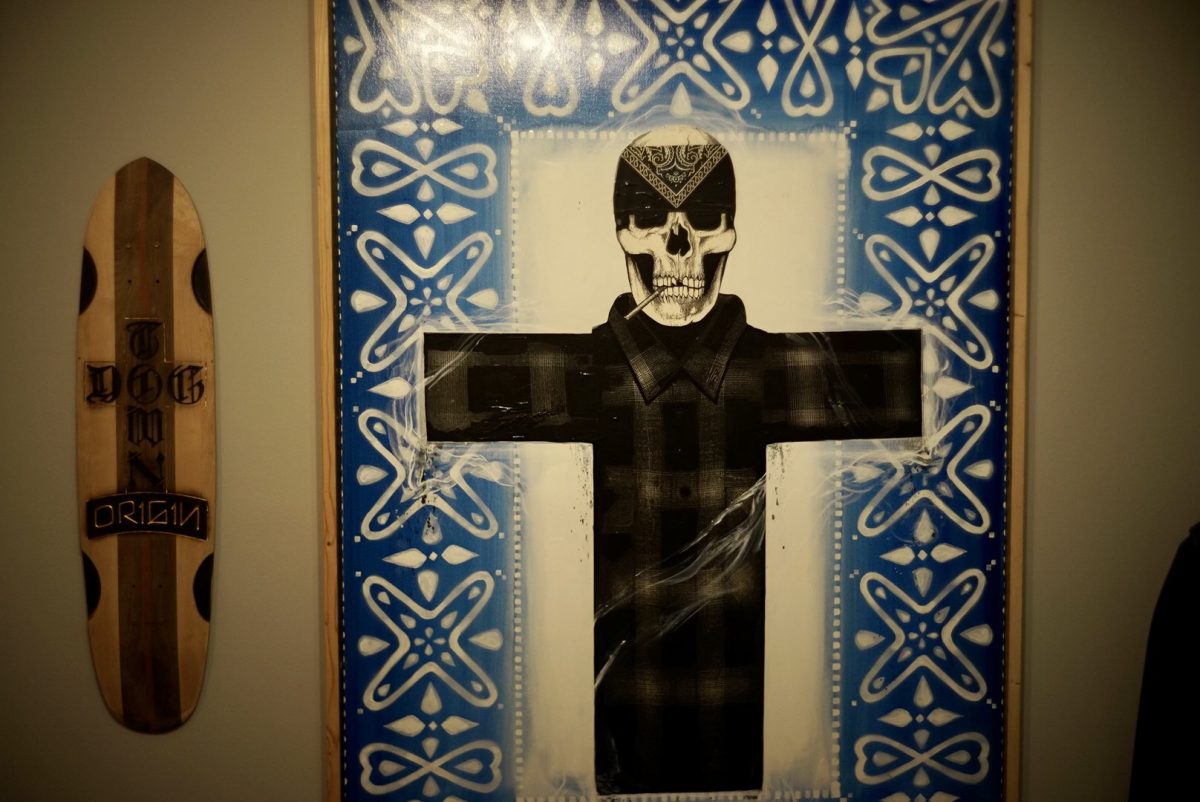Jeff Buckley’s Grace is one of the greatest albums of all time. It’s timeless. It captures Buckley’s entire soul, his spirit, from quiet and reflective to aggressive and face-melting in just 51 minutes.
The album recently turned 30, and its impact has only continued to grow since its release. It was released on August 23, 1994 to lukewarm success both critically and commercially, but in the decades since its release it’s gone from a lesser-known cult classic to a true staple of alternative music.
Grace is a masterpiece. Buckley channels the spirits of blues legends like Robert Johnson and captures the energy of Screamin’ Jay Hawkins and Led Zeppelin. He takes the poetry of Bob Dylan, the melancholic beauty of Nina Simone, the alternative vibes of Big Star and the Smiths, and masterfully mixes all these elements to form one of the most haunting and gorgeous albums ever put to tape.
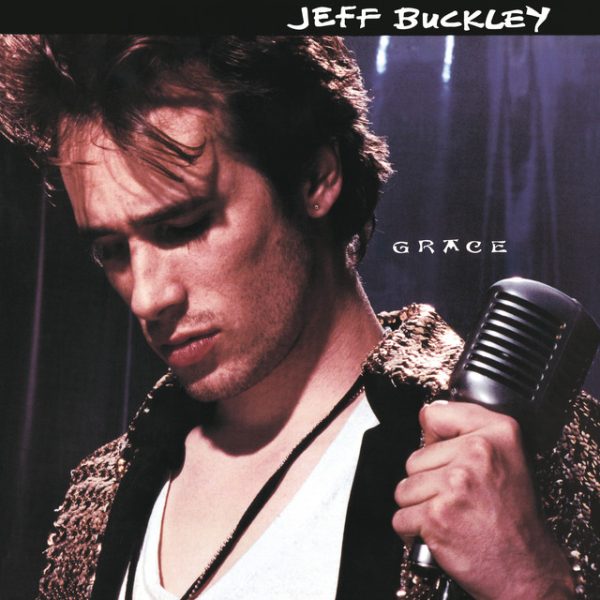 Vocally, Buckley is very similar to Radiohead’s Thom Yorke turned up to 11. His voice ranges from deep to soaring to inhuman. It’s one of the standout qualities of this album, and one of the biggest things that sets Buckley apart from other notable musicians of his day.
Vocally, Buckley is very similar to Radiohead’s Thom Yorke turned up to 11. His voice ranges from deep to soaring to inhuman. It’s one of the standout qualities of this album, and one of the biggest things that sets Buckley apart from other notable musicians of his day.
Yorke actually took heavy inspiration from Buckley. After seeing Buckley live in 1994, Yorke was inspired to begin singing in falsetto and write the song “Fake Plastic Trees” off of 1995’s The Bends.
Grace opens with “Mojo Pin,” a dreamlike tune that sets the album’s mood wonderfully. It shows Buckley’s range vocally, musically, and lyrically, beginning with an ethereal intro and building on that energy, then crashing into the final chorus and ending the song with a bang.
The songs on Grace use complex chord structures that match the complex feelings Buckley carries. The album’s title track keeps up the energy while also showcasing Buckley’s incredible talent as a guitar player. Buckley’s ability to play just as hard as he sings is on full display here.
One of Buckley’s best characteristics as a songwriter is his Bob Dylan-esque lyrics that convey very specific feelings without directly saying what those feelings are. Tracks like “So Real,” the aforementioned “Mojo Pin,” and album closer “Dream Brother” all showcase this lyrical style.
His cover of Nina Simone’s “Lilac Wine” creates a smoky jazz lounge atmosphere. It puts you right in front of Buckley, front row, while he serenades you personally. He took what made Nina Simone’s rendition so great and added his own moody feel to it.
Buckley taps heavily into his emotional side on tracks like his famous cover of Leonard Cohen’s “Hallelujah,” the lament for the end of a relationship “Last Goodbye,” and “Lover, You Should’ve Come Over.”
“Lover” is a standout song in an album packed full of standout songs. It’s a gem among gems. From its solo organ introduction (sounding eerily similar to Led Zeppelin’s “Your Time is Gonna Come) to its guitar parts that make way for Buckley’s soaring vocal peaks, this song is undoubtedly one of the best Buckley ever made. It’s brimming with melancholy and pain. Beautiful is all I can call it.
Jeff Buckley’s favorite band was Led Zeppelin, and he pays tribute to that influence on Grace’s hardest rocking song, “Eternal Life.” With its anti-racist lyrics, Buckley’s unbridled rage, and its smashing instrumental, this song hits you like a truck and kicks you when you’re down.
The album ends on the song “Dream Brother,” a perfect way to close out a perfect album. It mirrors opener “Mojo Pin” in its dreamy to intense vibe, its enigmatic lyrics, and Buckley’s unmatched energy.
There’s more to love about this album and Jeff Buckley beyond just the songs on Grace. Later releases of the album have included outtakes from the Grace sessions that are just as good as the songs on the main album.
Highlights from these outtakes and sessions include “Forget Her,” which was left off the original release in favor of “So Real,” “Mama, You Been On My Mind,” a Bob Dylan cover that takes Dylan’s love song and adds Buckley’s signature feel to it, “The Other Woman,” another jazz lounge-type Nina Simone cover, and “Alligator Wine,” which shows Buckley getting in touch with his less serious side and devolving into screaming gibberish.
Buckley was also well-known for his magical live performances, many of which have been released in the years following Grace.
Live at Sin-é shows Buckley pre-Grace, featuring a host of covers and early versions of Grace songs. Live at Wetlands features all-time great versions of “Dream Brother” and “So Real.” Live at Columbia Records Radio Hour shows a shorter set, with a wicked thunderous pairing of “Eternal Life” and a cover of MC5’s “Kick Out The Jams,” a soulful “Lover, You Should’ve Come Over,” and a cover of the Smiths’ “I Know It’s Over.”
Grace is a morbid celebration of emotional expression, and for 30 years it’s resonated with people around the world. Buckley captures lightning in a bottle, blending feelings and musical styles in a way that nobody can replicate.
Unfortunately, Jeff Buckley never lived to see the success of his masterpiece. He drowned in May 1997 after getting stuck underneath a boat. His legacy lives on, though, in the millions of people who have found and connected with his music.
Don’t just take my word for it. Several famous artists, and some of Buckley’s favorites, including Bob Dylan, The Smiths singer Morrisey, and Led Zeppelin members Jimmy Page and Robert Plant, have all named Grace as one of their favorite albums of all time.
Grace started to gain more popularity in the early 2000s internet era, and has only grown in regard since then. It’s an album that captures a singular moment in time, but is timeless. It’s melancholy, but elating.
In the words of the man himself, “That was so real.”

